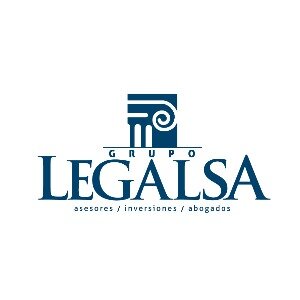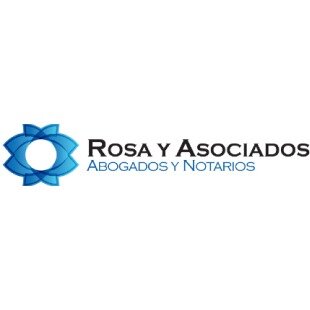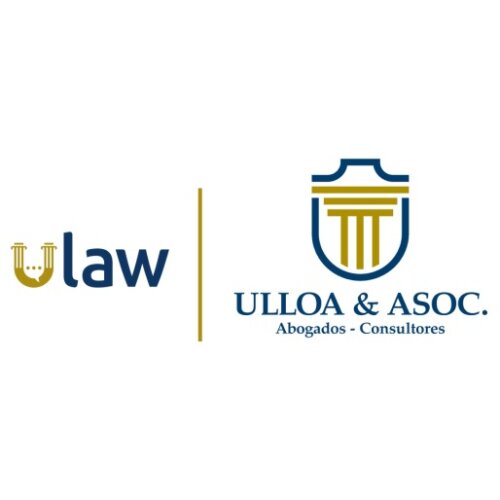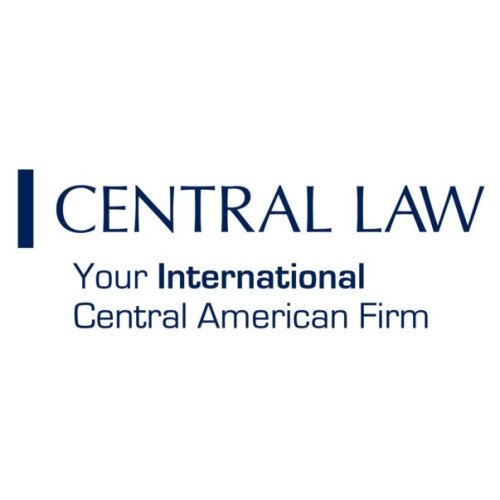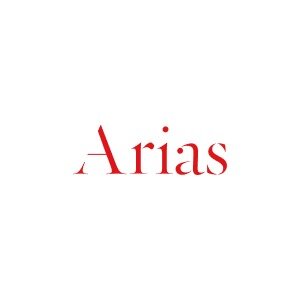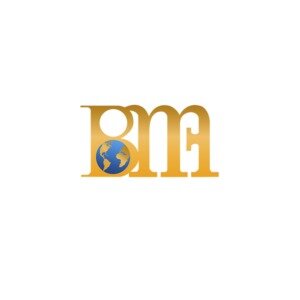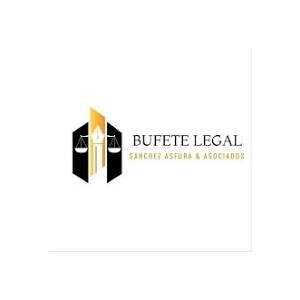Best Debt Capital Markets Lawyers in Honduras
Share your needs with us, get contacted by law firms.
Free. Takes 2 min.
Or refine your search by selecting a city:
List of the best lawyers in Honduras
About Debt Capital Markets Law in Honduras
Debt capital markets (DCM) in Honduras form a key part of the country's financial system, enabling entities such as corporations, banks, and even the government, to raise funds from investors through the issuance of debt securities. These securities include bonds, notes, and other instruments representing borrowed money that must be repaid with interest. The development of debt capital markets in Honduras has been driven by the need to diversify funding sources, encourage investment, and support national economic growth. Regulatory frameworks and supervisory authorities are in place to ensure transparency, protect investors, and maintain fair market practices.
Why You May Need a Lawyer
Legal support is often essential when dealing with debt capital markets in Honduras. Here are common scenarios where engaging a lawyer is especially important:
- Advising on the structuring and issuance of debt securities
- Ensuring compliance with local securities laws and regulations
- Drafting and negotiating offering documents, contracts, or prospectuses
- Assisting in cross-border transactions and international offerings
- Representing clients in regulatory filings and communications with supervisory bodies
- Helping investors understand their rights and obligations
- Advising on secondary market trading and transfer of securities
- Managing risk assessment and due diligence processes
- Resolving disputes related to debt transactions or default scenarios
- Guiding foreign investors through local regulations and market practices
Local Laws Overview
In Honduras, the legal and regulatory framework governing debt capital markets is primarily established by these laws and authorities:
- Securities Market Law (Ley del Mercado de Valores): This establishes the legal basis for market operations, including issuance and trading of debt securities, disclosure requirements, and investor protections.
- National Banking and Insurance Commission (Comisión Nacional de Bancos y Seguros - CNBS): This is the main regulatory authority overseeing market participants, issuers, and intermediaries.
- Stock Exchange Regulations: These regulate the functioning of the Honduran Stock Exchange (Bolsa Centroamericana de Valores or BCV), where some debt securities are listed and traded.
- Central Bank of Honduras (Banco Central de Honduras): This body may issue regulatory guidance or requirements that impact debt markets, especially for monetary policy instruments or government securities.
- Prospectus and Disclosure Requirements: Issuers must provide sufficient information to potential investors, with specific content, format, and filing obligations.
- Registration and Authorization: Debt securities generally must be registered with the CNBS prior to public offering or trading on an exchange.
- Ongoing Reporting: Issuers have to meet continuous disclosure and financial reporting standards.
- Foreign Investor Rules: There are particular provisions and restrictions for non-resident investors, which may affect participation in the markets.
Frequently Asked Questions
What are debt securities?
Debt securities are financial instruments that represent borrowed money. Common forms include bonds and notes. Issuers commit to pay investors periodic interest and return the principal at maturity.
Who can issue debt securities in Honduras?
Companies, financial institutions, municipal governments, and the national government can issue debt securities, subject to certain regulatory approvals.
What laws regulate debt capital markets in Honduras?
The primary law is the Securities Market Law, supported by regulations issued by the National Banking and Insurance Commission and guidelines from the Honduran Stock Exchange.
How are debt securities offered to the public?
Issuers must prepare a prospectus containing all required information and register the offering with the National Banking and Insurance Commission. Securities may then be publicly offered and traded on the exchange.
What are the disclosure requirements for issuers?
Issuers must provide detailed information regarding their financial status, the terms of the offering, risks, management, and any other relevant factor that could influence investment decisions.
Is it possible for foreign entities to issue debt securities in Honduras?
Yes, but foreign issuers must comply with local registration and regulatory requirements. There may be additional rules or restrictions depending on the type and structure of the offering.
Can foreign investors participate in Honduran debt capital markets?
Foreign investors can participate, but they should be aware of foreign exchange controls and any specific legal requirements for non-residents.
What role does the National Banking and Insurance Commission play?
The CNBS supervises and regulates the securities market, approves registrations, monitors ongoing compliance, and enforces market integrity.
How are disputes related to debt securities resolved?
Disputes may be settled through negotiation, arbitration, or local courts, depending on the agreement terms and the specific circumstances of the dispute.
Why is legal advice critical when participating in debt capital markets?
Legal advice helps ensure that all transactions comply with the law, reduces the risk of costly mistakes, clarifies the rights and obligations of all parties, and assists in navigating complex regulatory processes.
Additional Resources
Here are some helpful organizations and resources related to debt capital markets in Honduras:
- Comisión Nacional de Bancos y Seguros (CNBS): The main regulatory authority for the securities market.
- Bolsa Centroamericana de Valores (BCV): The Honduran Stock Exchange, where many debt securities are traded.
- Superintendent of Securities: Office responsible for oversight and enforcement within the securities market.
- Central Bank of Honduras: Key source for monetary policy and government bond information.
- Legal firms specializing in financial and capital markets: Many offer bilingual services and expertise in cross-border transactions.
Next Steps
If you need legal assistance related to debt capital markets in Honduras, consider taking the following steps:
- Clarify your specific needs and goals, such as issuing securities, investing, or resolving a dispute
- Gather all relevant documentation, such as financial statements, contracts, and prior correspondence
- Contact a legal specialist in the field of securities law or debt capital markets for an initial consultation
- Discuss your situation openly and ask about fees, timelines, and possible legal strategies
- Review any proposed legal strategy carefully before proceeding
- Stay informed about deadlines and keep communication open with your legal advisor
Legal issues in debt capital markets can be complex, so timely and qualified legal advice is essential to protect your interests and ensure that every step of your transaction is fully compliant with Honduran law.
Lawzana helps you find the best lawyers and law firms in Honduras through a curated and pre-screened list of qualified legal professionals. Our platform offers rankings and detailed profiles of attorneys and law firms, allowing you to compare based on practice areas, including Debt Capital Markets, experience, and client feedback.
Each profile includes a description of the firm's areas of practice, client reviews, team members and partners, year of establishment, spoken languages, office locations, contact information, social media presence, and any published articles or resources. Most firms on our platform speak English and are experienced in both local and international legal matters.
Get a quote from top-rated law firms in Honduras — quickly, securely, and without unnecessary hassle.
Disclaimer:
The information provided on this page is for general informational purposes only and does not constitute legal advice. While we strive to ensure the accuracy and relevance of the content, legal information may change over time, and interpretations of the law can vary. You should always consult with a qualified legal professional for advice specific to your situation.
We disclaim all liability for actions taken or not taken based on the content of this page. If you believe any information is incorrect or outdated, please contact us, and we will review and update it where appropriate.
Browse debt capital markets law firms by city in Honduras
Refine your search by selecting a city.



